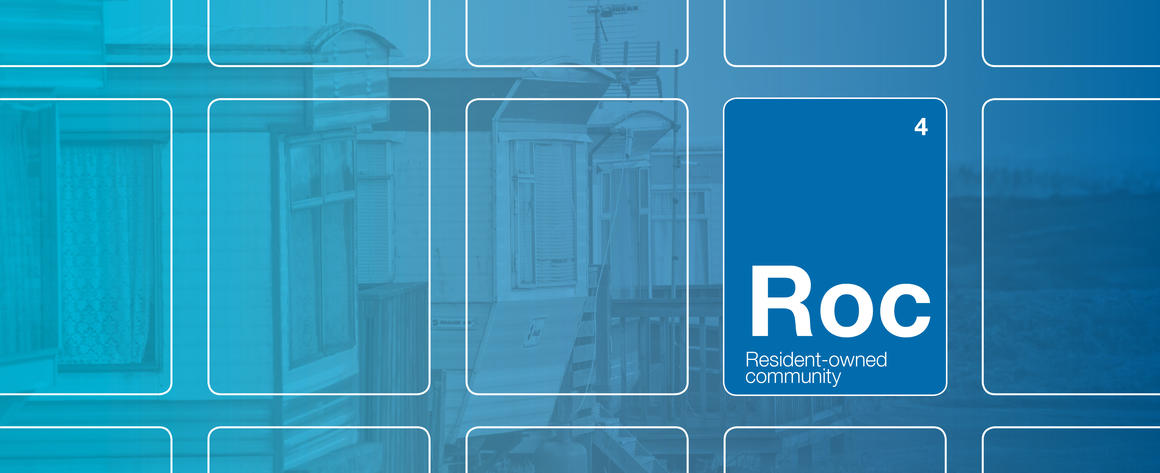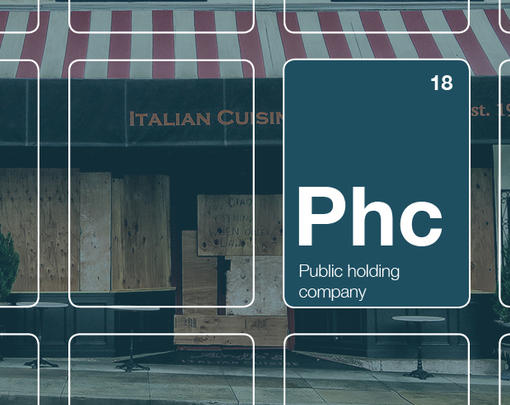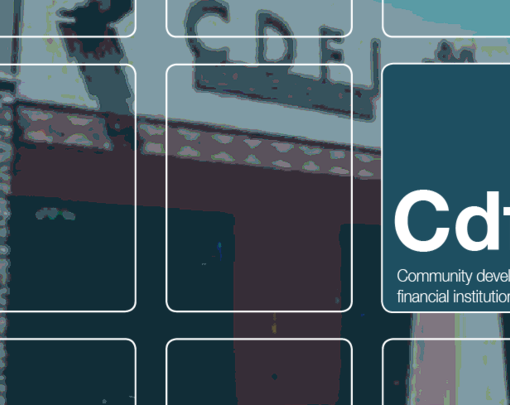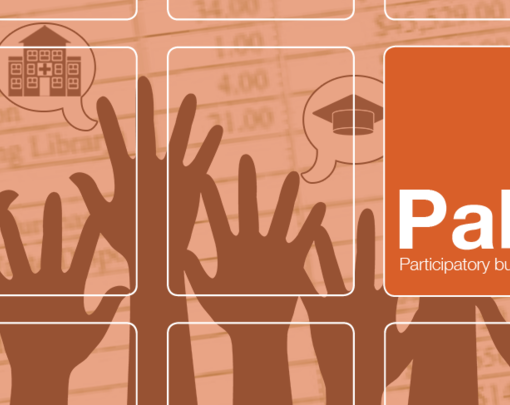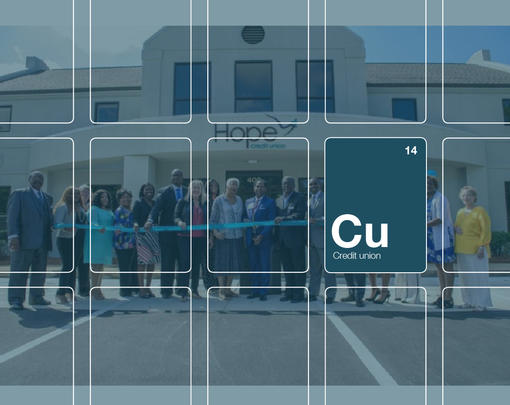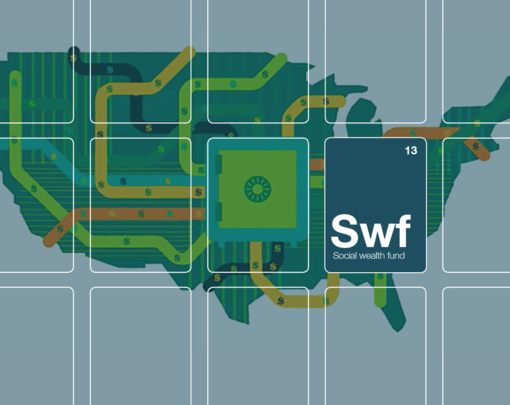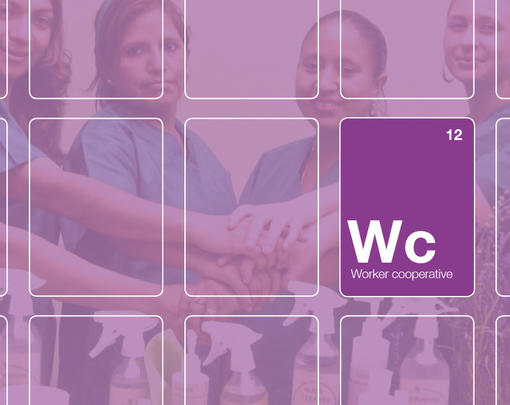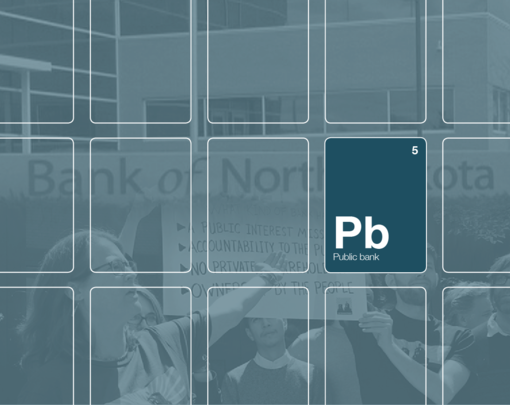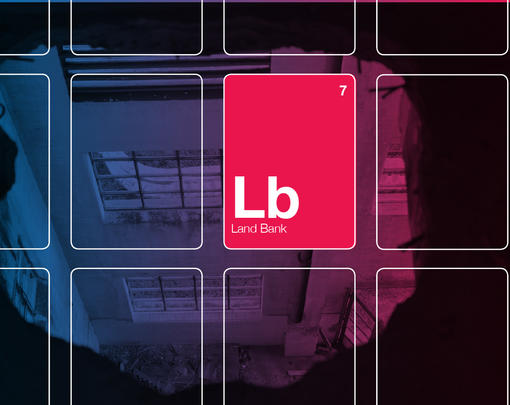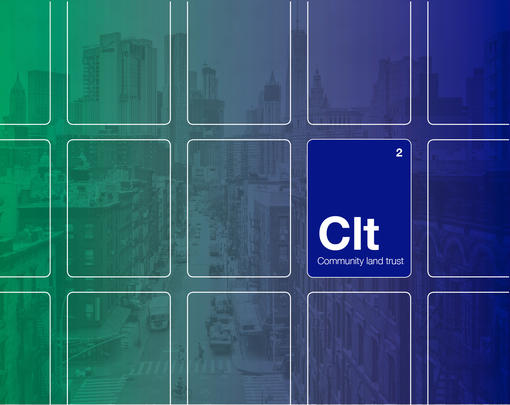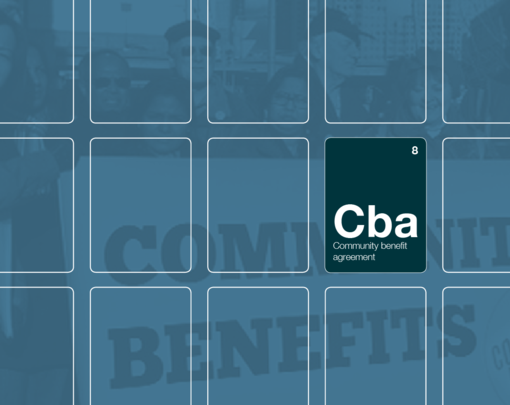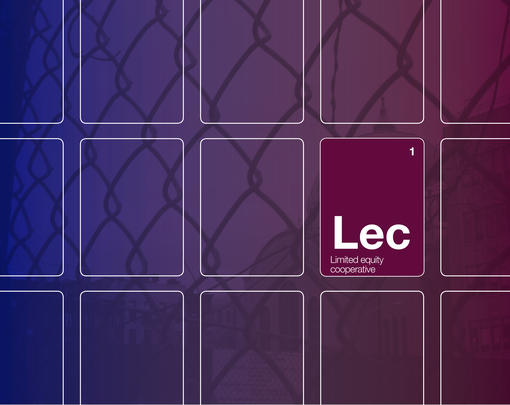Description
Resident-owned communities (ROCs) are manufactured housing neighborhoods (sometimes referred to as mobile home or trailer parks) in which the land is community-owned and managed.
An estimated 18 million people who earn less than $28,000 a year (less than half the national household median income) live in manufactured housing. That makes it one of the leading sources of affordable housing in the U.S. Approximately 1,000 manufactured housing communities are resident-owned around the country (especially throughout New England). This includes the 10,000 manufactured homes that are part of network of ROCs organized by ROC USA, a nonprofit enterprise that works to scale ROCs in the United States.
Potential Impact
Converting manufactured housing communities into ROCs offers individuals and families who are often marginalized or underserved in the conventional housing economy opportunities for ownership and control. With this comes the ability to address some of the most pressing issues of our time, including access to affordable housing, climate change mitigation, and residential displacement, since ROC households can manage their community’s affairs in a manner that meets their most pressing short- and long-term needs. In boosting homeownership among marginalized populations, ROCs can ensure that stability and resiliency in the housing economy are not wealth-driven.
Transformative Characteristics
When residents in a manufactured housing community own the land themselves, they have the power to avoid the hazards of traditional, commercially-oriented manufactured housing neighborhoods, where residents own (or rent) their individual homes but the land itself is owned by a company that charges rent, sets rules, and oversees conditions in the neighborhood. In those communities, residents face displacement pressures when the landowners decide to raise rents, sell to another company, or neglect maintenance and upkeep. In a ROC, residents cooperatively own the land and manage the neighborhood through elected representatives to a board. This allows the residents to live without fear of being displaced and it gives them direct control over the material conditions of the neighborhood. Some ROCs are market-rate and share costs are out of reach of low-income families. However, many other ROCs are limited equity cooperatives, which keeps the cost of shares low and preserves affordability.
Examples
Pasadena Trails, Houston, Texas
The Pasadena Trails ROC was formed in 2009 when residents of the community purchased the land in their neighborhood from an Arizona-based company. The community received help with financing and other technical assistance from ROC USA and Community Resource Group. Residents leveraged newfound ownership and control over the community to finance and redesign the community’s drainage system, an investment that ultimately protected the community from the widespread flooding caused by Hurricane Harvey in 2017.
Takesa Village, Mead, Washington
This ROC was established in May 2016 by a community of 149 residents. They saw the ROC as a step toward tackling a culture of crime, drug abuse, and abandonment surrounding the community, issues that were neglected while the community was under private management. Residents bought their community with financing support from Capital Impact Partners and the Washington Housing Finance Commission. Since the ROC was formed, the newly organized and better-engaged residents saw significant physical and quality-of-live improvements in their community.
Challenges
ROCs can be handicapped by difficulties in building an engaged community and plagued by an inability to secure financing. They may confront unfamiliarity with ROCs and negative perceptions of manufactured housing communities. Supportive local policies can help, such as “right of first refusal” rules that require that manufactured housing residents have a chance to buy their community before it is placed on the private market. So can technical support from one of the many local, regional, and national cooperative assistance organizations, such as the Cooperative Development Institute.
More Resources
ROC USA is a nonprofit organization that works to scale resident ownership of manufactured homes. The organization provides technical assistance and fundraising support to communities hoping to convert from private ownership to resident ownership.
Video
Download and Share
The Next System Project’s Elements of the Democratic Economy is an ongoing series introducing the basic institutional designs of a transformed political economy.

